Globally, finding an ethical guide is a bigger deal than you may think. Finding an ethical guide for a Mount Kilimanjaro trek just happens to be one of the most prominent and best examples of this in action.
I can read many minds right now. “I need an ethical guide for Mount Kilimanjaro? What are you talking about? I’m highly ethical.”
Okay. You yourself being ethical isn’t what I’m talking about, though at a later point, it may be. So we’ll get to that in a bit.
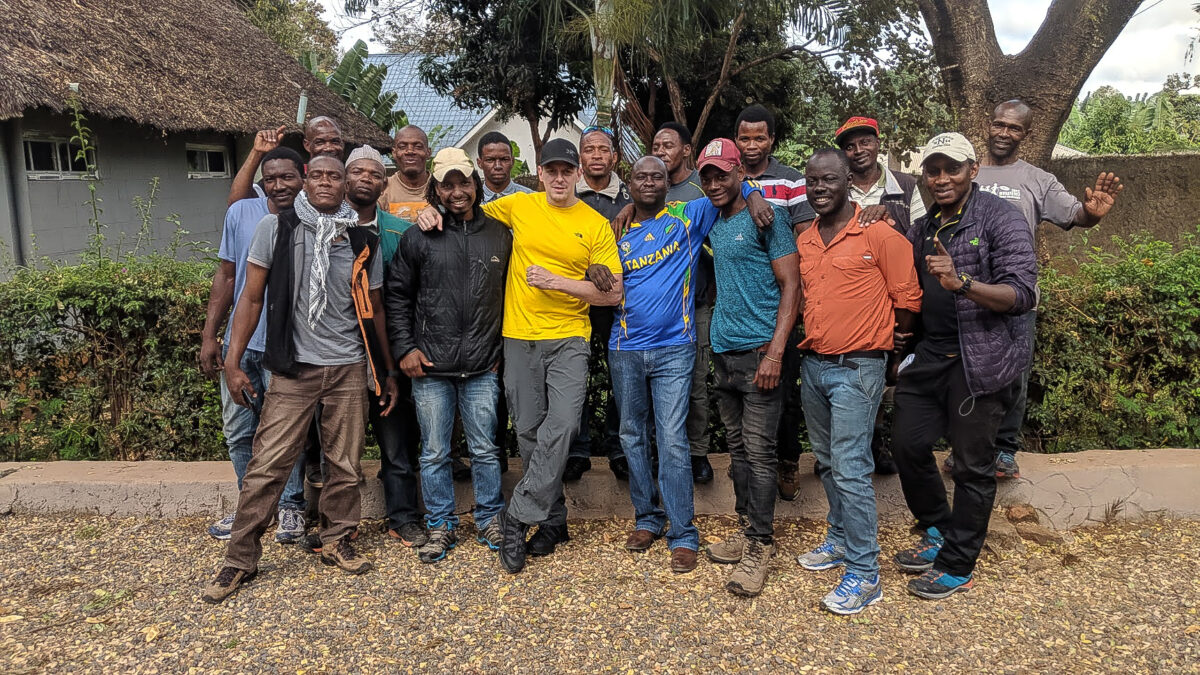
Ethical Guides on Mount Kilimanjaro
So what exactly am I talking about?
Quite simply, Kilimanjaro tour operators over the years developed a tendency to take advantage of the local workers. These are the guides, porters, and other support staff.
To maximize profits, these operators would only pay them the bare minimum needed to survive while simultaneously forcing them to carry heavier loads due to intentional short staffing.
This of course, continues to spiral down further because the operator might not pay for the best equipment. Or, due to the low pay, the porters might not be able to afford to properly outfit themselves.
You might ask yourself, “Why would they even work for an operator like that?” Well, quite simply, the mountain is the lifeblood of the area and there just aren’t enough jobs to go around.
So do you want an operator who is going to nickel and dime their employees only to take any profits out of the local area? Or do you want someone who will pay their staff well and put that money back into the local economy?
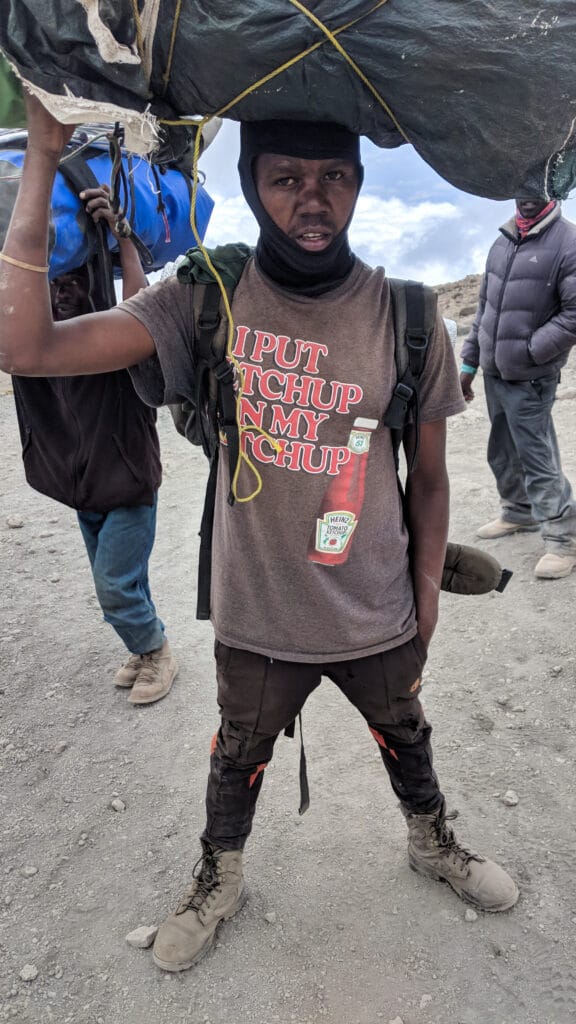
Your personal ethics.
Please think with your conscience here.
Remember when I said, “You yourself being ethical isn’t what I’m talking about, though it may be at a later point.”
Well, you just decided to climb Mount Kilimanjaro. Congratulations, as it is a massive undertaking, and one of the most fulfilling things you may ever experience.
But now you need to hire a tour operator. Simple, right? Just google Mount Kilimanjaro tour operators and pick one.
Then you see it.
It’s expensive.
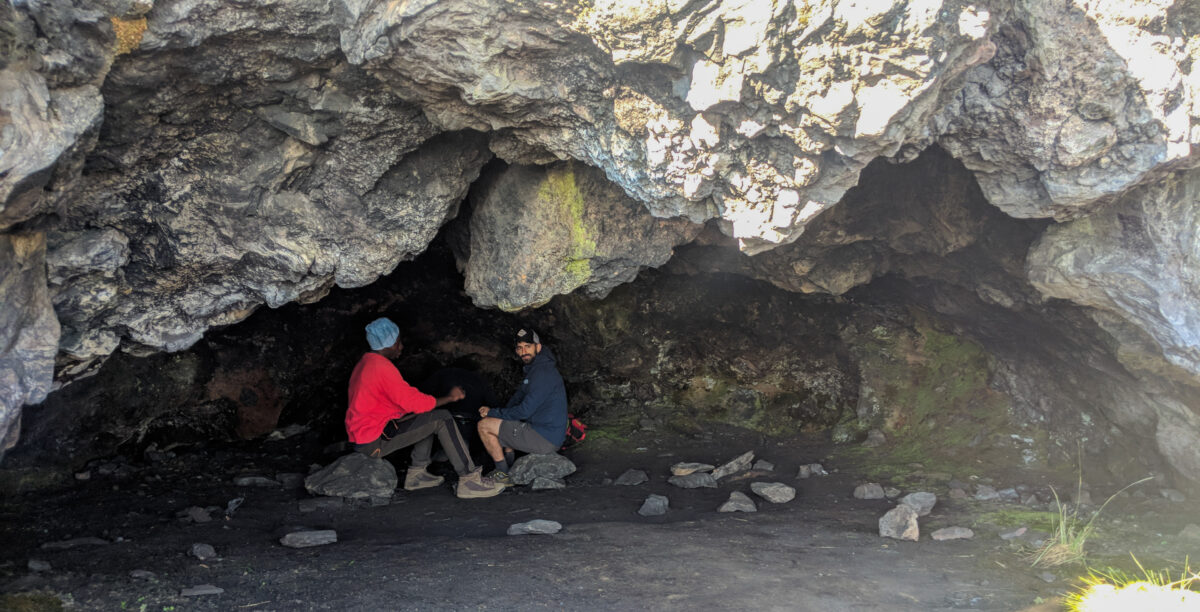
In fact, between your operator, flights, and the mile-high pile of gear you need to climb Kilimanjaro, the price can be prohibitively expensive.
Now you’re looking at those google results for Kilimanjaro tour operators with new eyes and focusing on the price.
You might find an operator offering a climb for as little as $1000. While others are in the $2000-$4000 range for the same route!
What’s the difference?
Well, if the price is too good to be true, it’s quite possible that you may not be looking at an ethical Kilimanjaro tour operator.
Cutting corners and waving aside concerns for staff can be a great way for companies to save money.
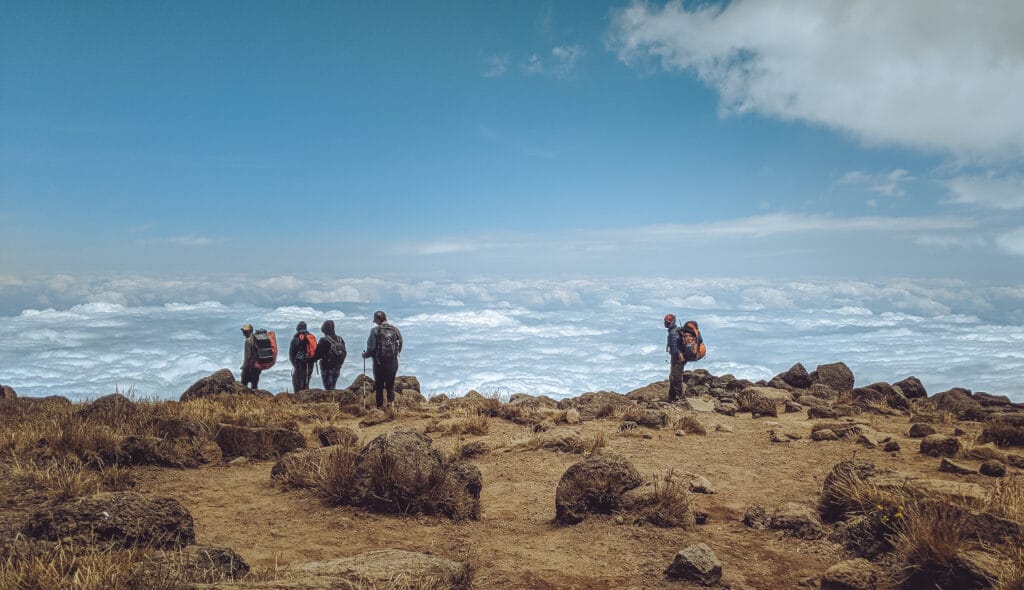
Why is it so expensive to use an ethical Kilimanjaro tour operator?
Well, there are a few reasons. The most important being better pay and better equipment for an appropriate number of guides and porters.
The easiest way to cut costs is to lower the number of porters by one or two and redistribute the additional gear amongst everyone else. The government tries to combat this by weighing bags at the gate but it still happens.
So, when you’re packing your duffel, even if you’re underweight, still try to leave the useless crap behind. The hardcover books. The thick wooden sole sandals. The extra hairbrushes. *Side eye at my group*
Then there are the fees. You might not realize this, but a good chunk of what you’re paying for is simply the opportunity to climb the mountain at all. Mount Kilimanjaro is a national park, and the Tanzanian government sets a high cost for you to enter and make your climb.
Now imagine paying $1000 for a budget trek, knowing that there’s even less to go around.

How do you know if you have an ethical Kilimanjaro tour operator?
Well, you’re in luck. The Kilimanjaro Porters Assistance Project (KPAP) exists for just this reason. A nonprofit under the blanket of the International Mountain Explorers Connection, KPAP’s sole mission is to improve the working conditions of the porters on Kilimanjaro.
They achieve this through many ways but the most important, in my opinion, is by certifying tour operators as ethical and responsible.
These operators collaborate with KPAP in ongoing monitoring and oversight every climbing season to guarantee compliance with the Guidelines for Proper Porter Treatment.
If the operator meets all of the necessary criteria, they’re certified and allowed to be on a list of tour operators who all meet or exceed the standards. Being on it is sort of like a badge of honor for the operators.
At the time of writing, there are 150 certified operators. You can find the full list HERE.
By only booking your trek with someone on this list, you can be sure that you are climbing with an ethical Kilimanjaro tour operator.
If you were wondering, when I climbed Mount Kilimanjaro, the company I used was Oreta Adventures, and I couldn’t recommend them more highly. They’re KPAP certified, and almost everything was perfect. Check the link if you’d like to know more about my experience.
Have you climbed Mount Kilimanjaro? Was your operator KPAP Certified? Maybe you have a question about it? Let me know below. And as always, don’t forget to share!
DID YOU ENJOY THIS ARTICLE? PIN IT!
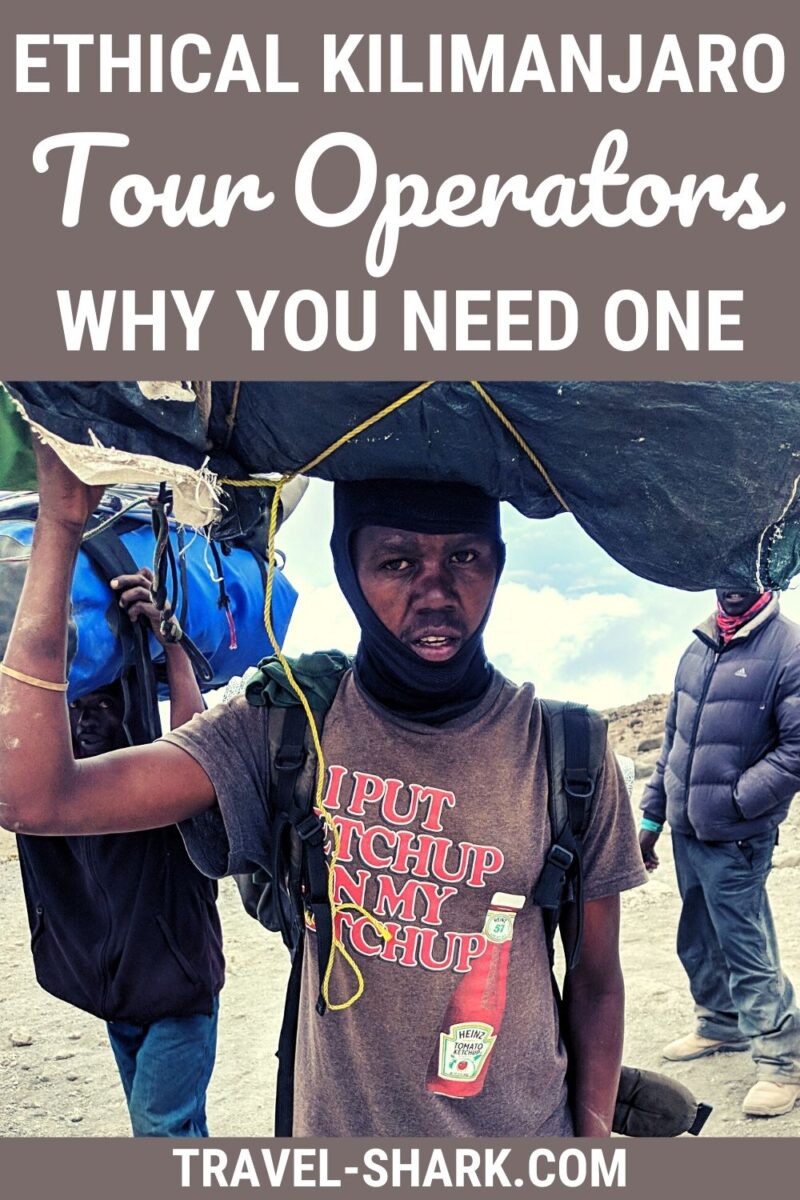
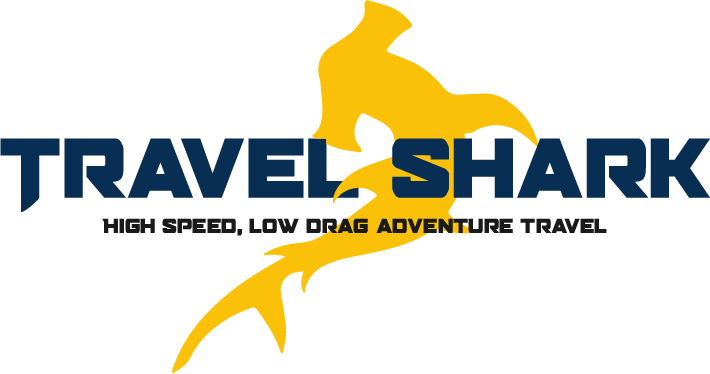
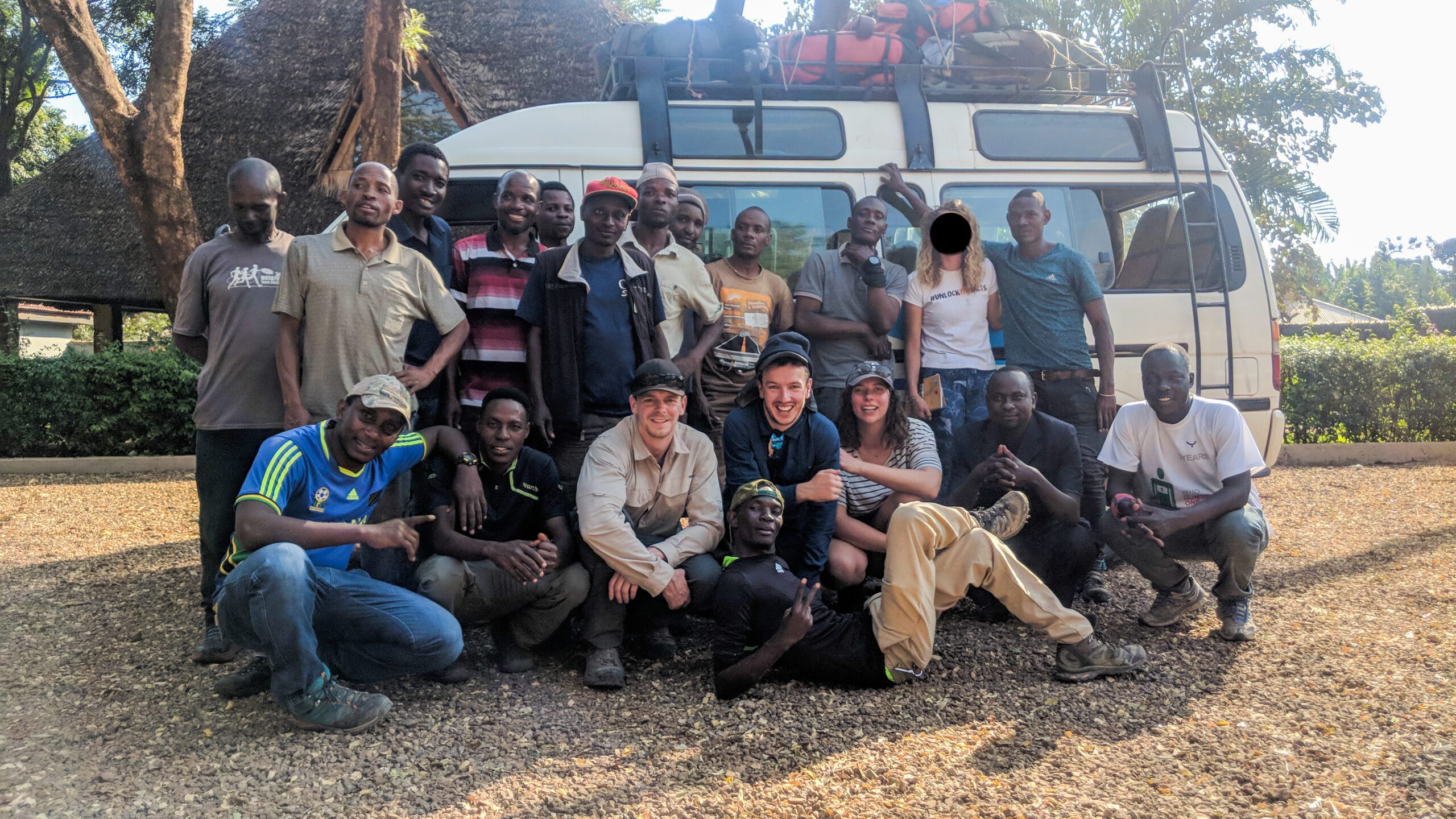
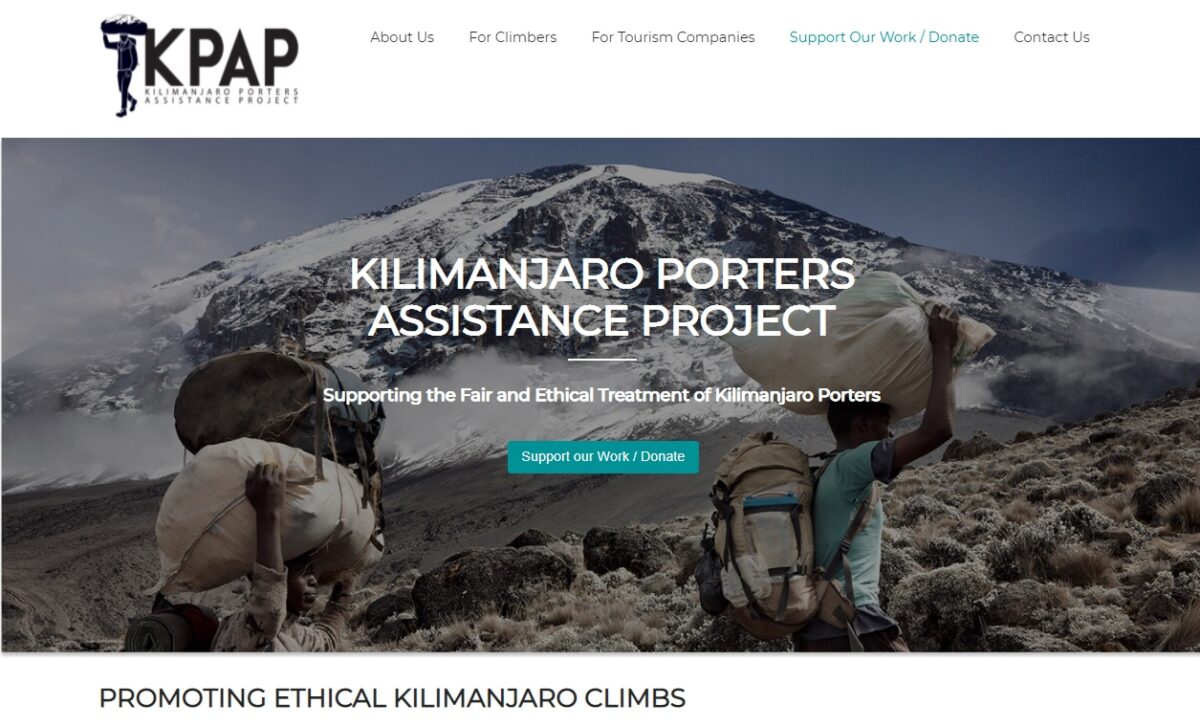


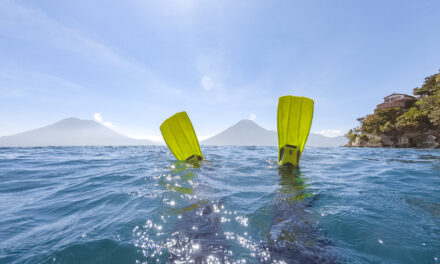


[…] I gave them to a porter as I couldn’t see myself using them anytime […]
[…] because of this that finding a truly ethical sanctuary is so […]